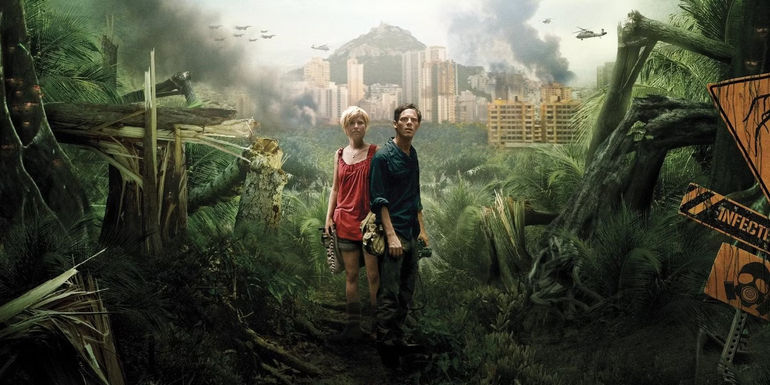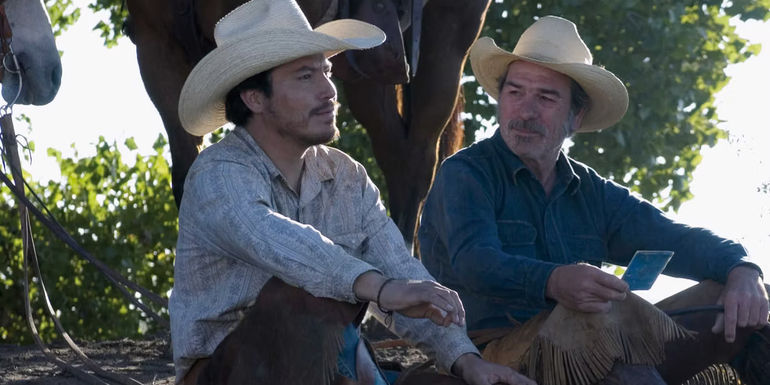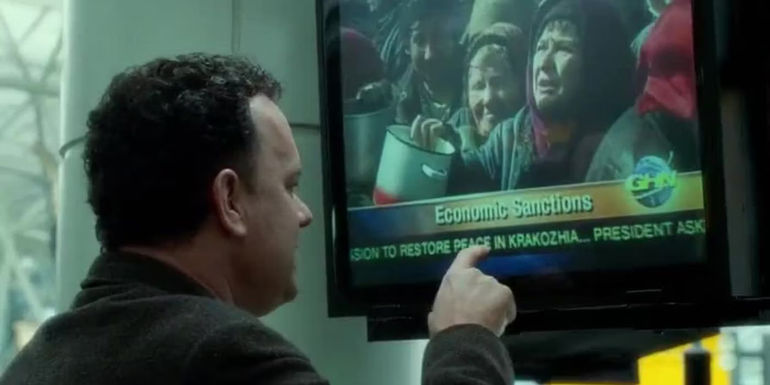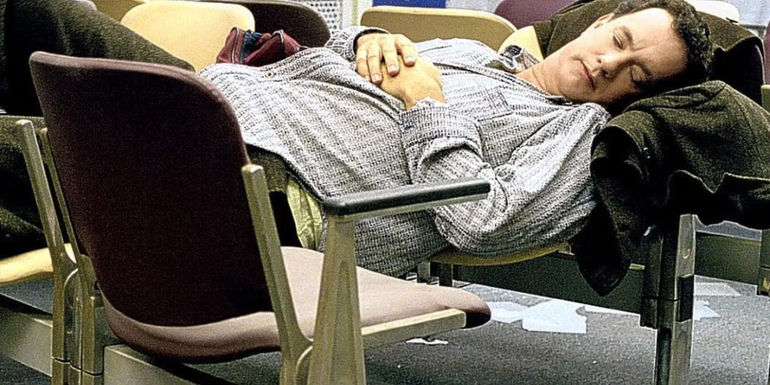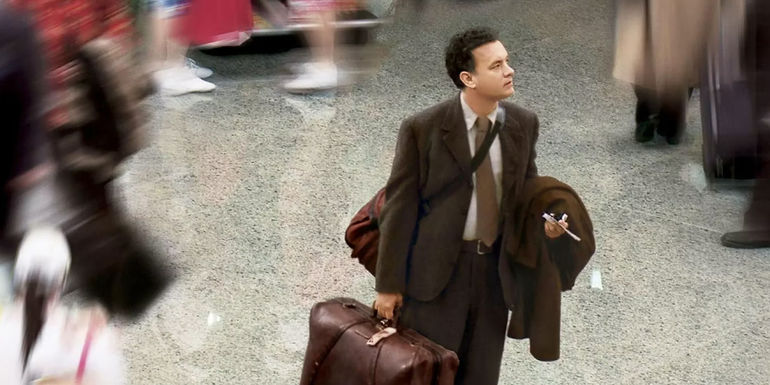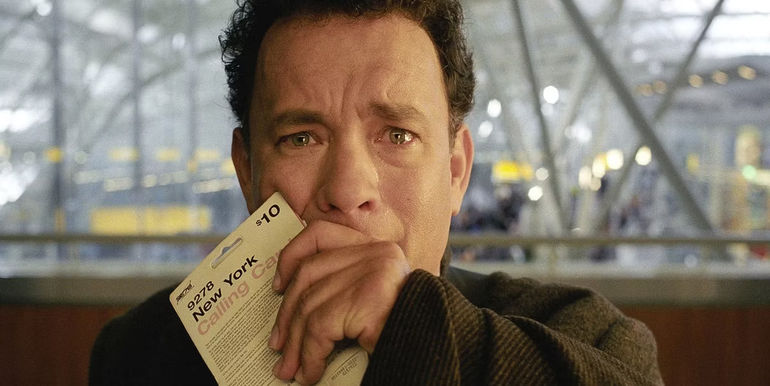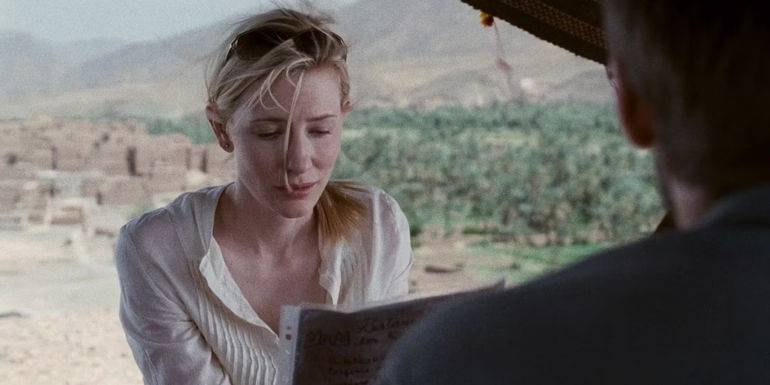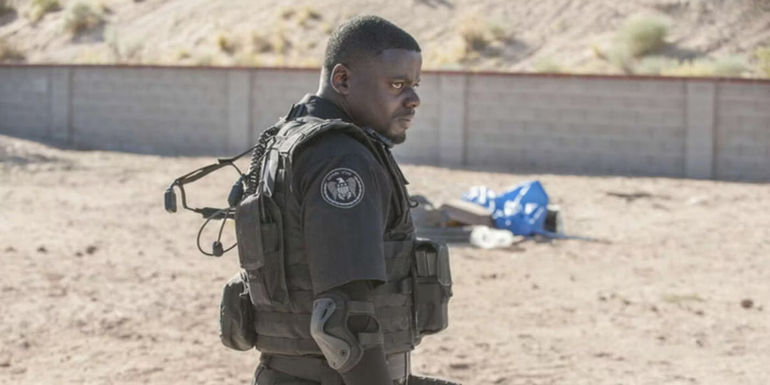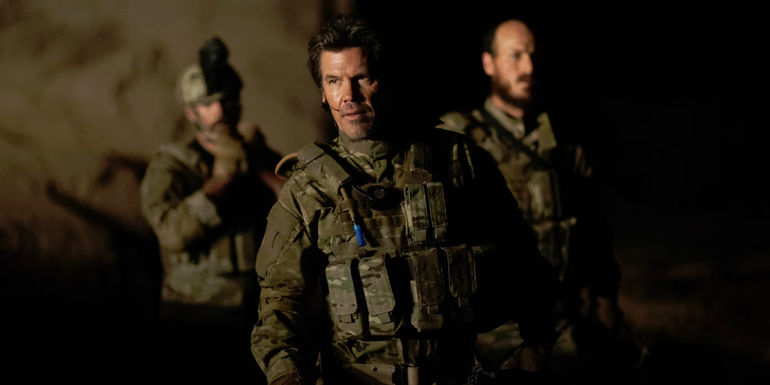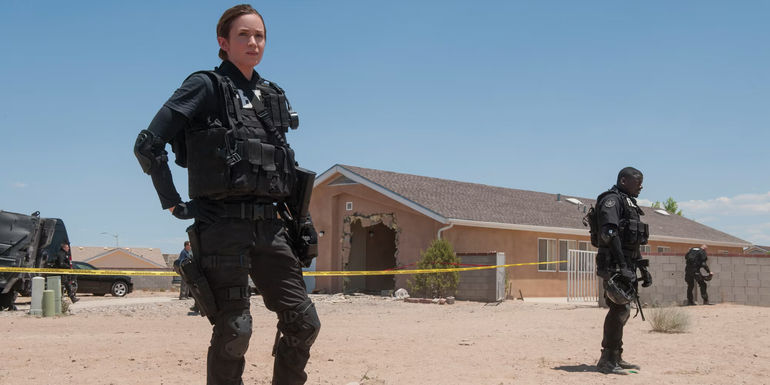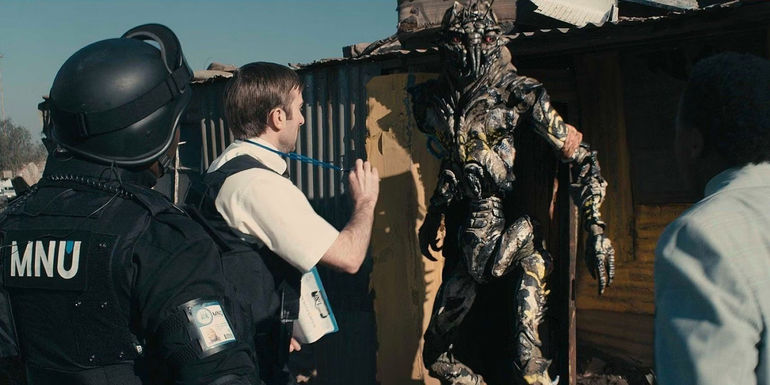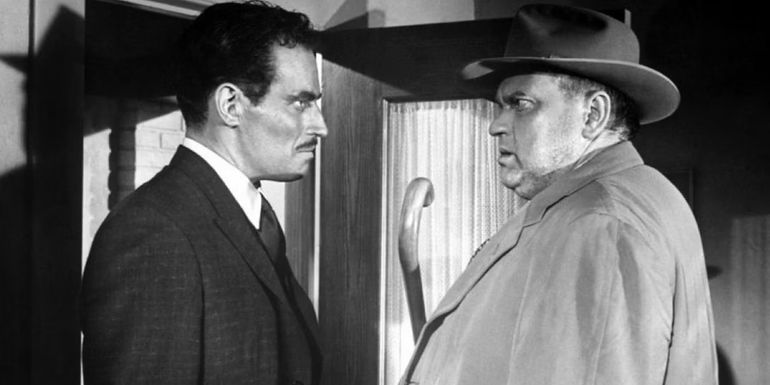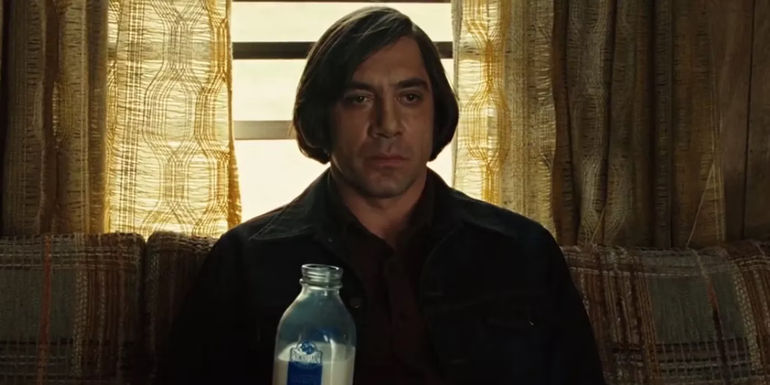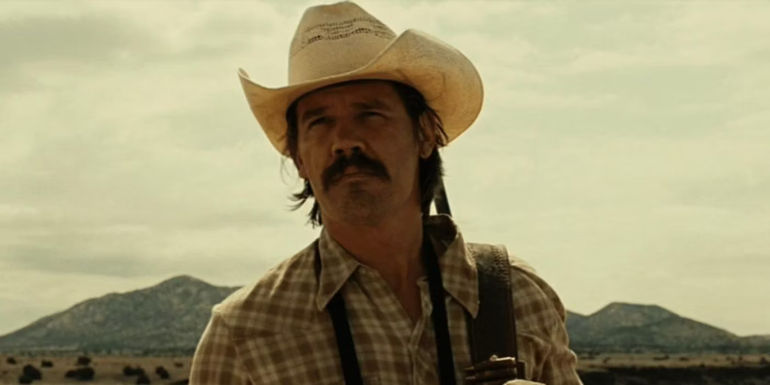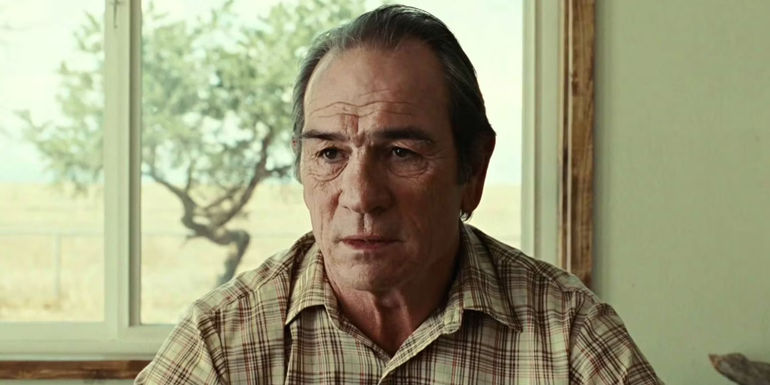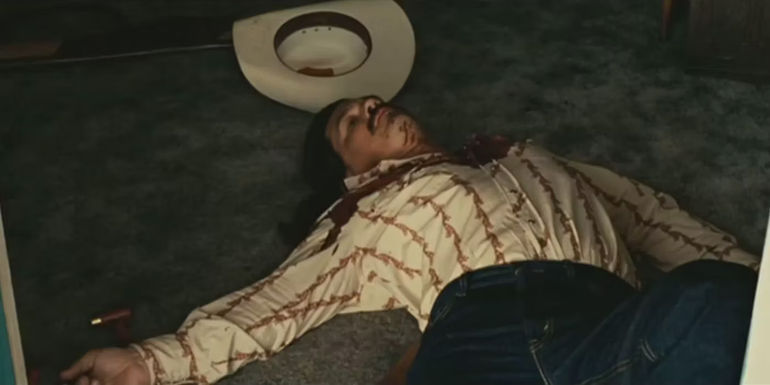
10 Best Movies About Immigration & Crossing The Border Ranked

A comprehensive list of the best movies that explore the themes of immigration and border crossing, offering a kaleidoscope of experiences that speak to the heart of what it means to cross borders, both literal and metaphorical.
Exploring the Themes of Immigration and Border Crossing
The allure of immigration and crossing-the-border movies lies in their ability to weave complex human stories within the larger narrative of global movement and cultural exchange. These films often explore themes of identity, belonging, and the relentless pursuit of a better life, set against the backdrop of geographical and political boundaries. They bring to light the personal stories behind headlines and statistics, making them relatable, poignant, and at times, deeply moving. From the hopeful to the harrowing, these movies offer a kaleidoscope of experiences that speak to the heart of what it means to cross borders, both literal and metaphorical.
Andrew and Samantha in a jungle in Monsters.
These films not only entertain but also educate and provoke thought, offering viewers a glimpse into the multifaceted experiences of immigrants and border crossers. They showcase the struggles and triumphs, the conflicts and resolutions, and the diverse cultural landscapes that shape the journeys of those who venture beyond their familiar horizons. Whether it's through the lens of drama, thriller, romance, or even science fiction, these stories resonate with the universal human experience of seeking a place in the world. They remind us of the shared dreams and challenges faced by people across nations and cultures, making the theme of immigration and border crossing an ever-relevant and compelling subject in cinema.
Pete (Tommy Lee Jones) and Melquiades sitting underneath a tree in The Three Burials of Melquiades Estrada
Monsters (2010)
Monsters stands out for its inventive approach to the themes of immigration and border crossing, wrapped in a compelling science fiction narrative. Set in a world where alien creatures inhabit the Mexico-U.S. border, the story follows a journalist and an American tourist as they navigate this dangerous zone. What makes Monsters special is its metaphorical representation of the real-world challenges and fears associated with crossing borders. The alien-infested landscape mirrors the treacherous journey many immigrants face, filled with unknown perils and the hope of reaching a safer, better place. The film offers a nuanced exploration of the themes of understanding, coexistence, and the complex dynamics of immigration.
Navorski (Tom Hanks) pointing at a TV in The Terminal
Monsters mirrors the issues immigrants face.
Navorski (Tom Hanks) sleeping in The Terminal
The Three Burials Of Melquiades Estrada (2005)
The Three Burials of Melquiades Estrada is a 21st century western and distinguishes itself as a profound exploration of the U.S.-Mexico border's human and moral landscape. Starring Tommy Lee Jones, who delivers a career-best performance, the film delves into the life and untimely death of Melquiades Estrada, a Mexican ranch hand. Its uniqueness lies in the portrayal of a deep, cross-cultural friendship and a solemn quest for justice that transcends legal boundaries. As Jones' character, Pete Perkins, endeavors to fulfill a promise to bury his friend in Mexico, the film navigates through themes of loyalty, the harsh realities of border life, and the blurred lines of morality in borderlands.
The 2005 movie features a career-best performance from Tommy Lee Jones
Victor (Tom Hanks) in the airport in The Terminal
The Terminal (2004)
While The Terminal is based on a true story, it offers a unique take on the immigrant narrative, telling the story of a man from a fictional Eastern European country who finds himself stranded at JFK Airport. Although he was actually not trying to immigrate to the US, only to visit, what makes The Terminal special is its portrayal of the airport as a microcosm of a border crossing, where Navorski experiences a life in limbo, neither here nor there. The film masterfully blends humor and heart, showcasing the absurdities and bureaucratic challenges of immigration policies. Despite its somewhat schmaltzy moments, The Terminal shines in its ability to humanize the often impersonal and daunting experience of navigating through the complexities of international borders.
Victor (Tom Hanks) crying in the airport in The Terminal
Tom Hanks delivers a great performance in the schmaltzy but heartfelt movie.
Susan (Cate Blanchett) looks worried in Babel.
Babel (2006)
Babel stands out for its ambitious narrative that interweaves multiple stories across different countries. One of its central narratives involves a Mexican nanny taking two American children across the border, only to face dire consequences. This film excels in depicting the intricate web of globalization, where actions and consequences are interlinked across continents. Babel's exploration of themes such as language barriers, cultural misunderstandings, and the emotional turmoil of cross-border relationships is both profound and moving. The movie's ability to portray the interconnectedness of diverse lives, each impacted by the complexities of modern immigration, makes it a standout piece in capturing the essence of global human experiences in a hyper-connected world.
Tenoch Huerta standing with gang members in Sin Nombre (1)
Babel has a complex and cultural multi-stranded narrative.
A man and woman kissing in Hold Back the Dawn
Sin Nombre (2009)
Sin Nombre is a powerful and visceral depiction of the harrowing journey faced by Central American migrants traveling to the U.S. The film is distinguished by its raw and unflinching portrayal of the brutal realities of gang life and the perilous trek atop freight trains, known as La Bestia. Sin Nombre is exceptional for its focus on individual stories amidst the dangerous journey, particularly a young Honduran girl and a former gang member. Their quest for a better future against overwhelming odds offers a profound look into the human aspects of immigration and the extreme risks people undertake in pursuit of hope and safety.
Alejandro (Benicio Del Toro) in Sicario crossing a bridge and holding a gun
Sin Nombre depicts the realites of gang life while crossing borders.
Reggie (Daniel Kaluuya) standing in uniform in Sicario.
Hold Back The Dawn (1941)
Hold Back the Dawn emerges as a poignant and timeless piece in the immigration and border-crossing film genre. Set against the backdrop of World War II, this movie tells the story of European refugees awaiting entry into the United States from Mexico. The film is especially notable for its exploration of the emotional and moral complexities faced by immigrants during this turbulent period. It delves deep into themes of desperation, romance, and the lengths individuals will go to for a chance at a new life in America. The protagonist navigates a web of relationships and moral dilemmas, offering viewers a deeply human perspective on the immigrant experience.
Matt (Josh Brolin) leading soldiers in Sicario
The 1941 movie is a uniquely romantic take on crossing the border.
Kate (Emily Blunt) at a crime scene in Sicario
Sicario (2015)
Sicario stands out in the genre of immigration and border-crossing films for its intense and gritty portrayal of the drug war along the U.S.-Mexico border. Sicario is expertly directed by Denis Villeneuve, the he delves into the complex and often morally ambiguous world of narcotics enforcement. What sets Sicario apart is its unflinching depiction of the brutal realities of border life and the ethical dilemmas faced by law enforcement and civilians caught in the crossfire. Sicario masterfully weaves themes of lawlessness, corruption, and the human cost of the drug trade, providing a stark, unvarnished look at the impact of these issues on both sides of the border.
Kate (Emily Blunt) in a meeting in Sicario
Sicario chronicles the corruption within the U.S. and its border control.
Police officials speak with a Prawn in District 9
District 9 (2009)
District 9 is the best Neill Blomkamp movie and a remarkable film in the immigration and border-crossing genre. District 9 uses the concept of extraterrestrial refugees confined to a government camp as a powerful metaphor for apartheid and broader issues of xenophobia and segregation. What makes District 9 special is its ability to use a sci-fi narrative to explore real-world issues of immigration. The film's protagonist, Wikus van der Merwe, undergoes a transformative journey that challenges his and the audience's perceptions of humanity and acceptance when he turns into an alien. This narrative device effectively highlights the complexities and prejudices inherent in immigration and societal integration.
Ramon and Hank square up to each other in Touch of Evil
District 9's Prawns are a metaphor for South Africa's apartheid.
Anton (Javier Bardem) with a jug of milk in No Country for Old Men
Touch of Evil (1958)
Touch of Evil, directed by Orson Welles, is a classic film noir that stands out in the immigration and border-crossing genre for its dark exploration of corruption, racism, and morality in a U.S.-Mexico border town. The film is set in a seedy, tension-filled environment where the lines between right and wrong are blurred, mirroring the complexities of cross-border interactions. Welles' character, a corrupt police officer, embodies the moral ambiguity and ethical dilemmas that often accompany border enforcement and immigration issues. The movie wasn't originally set in a border town, and Welles decided to change Touch of Evil's setting so he could deliver a more politically charged movie (via WellesNet). Welles commented:
Josh Brolin as Llewelyn Moss looking weary after discovering millions of dollars in 2007's No Country for Old Men
Orson Welles changed the Touch of Evil script to comment on the U.S.-Mexico border.
Anton (Javier Bardem) threatens a target in No Country for Old Men
No Country For Old Men (2007)
No Country For Old Men is a perfect modern western and a compelling addition to immigration and crossing-the-border movies. Set in the desolate landscape of the Texas-Mexico border, the film is a gripping crime thriller that also serves as a meditation on the changing American landscape and the fading values of the Old West. The award-winning movie is inherently tied to the challenges and lawlessness often associated with border regions. While the film's primary focus is on the pursuit of a relentless killer and a veteran sheriff, the setting plays a crucial role, highlighting the border as a space of conflict and transition.
Ed Tom Bell (Tommy Lee Jones) recounting his dreams in No Country for Old Men
The 2007 movie won four awards including Best Picture.
Llewellyn lies dead in No Country for Old Men
